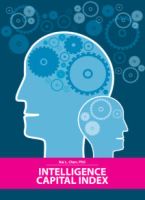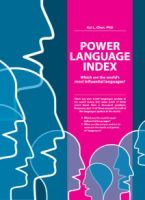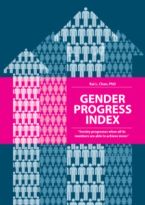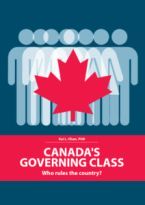
A budding academic’s take on why academics support Kerry
Your friends, as they say, are the best judges of your character. Indeed, a healthy dose of criticism is cathartic, and heeding the advice of friends is a quality we all need. Besides, as the Biblical verse says, people cannot see the plank in their own eyes.
Recently, a poll cited by the BBC showed that worldwide support for the presidency favored Kerry. Among the 35 countries surveyed, only Nigeria, the Philippines and Poland preferred Bush.
Regardless of differences in world opinion over Iraq and how the war on terrorism is being fought, Americans should remember that these disagreements are over politics, and not with Americans themselves.
Among traditional allies such as Canada, France, Germany, Great Britain, and Japan — of which, two backed the Iraq war — John Kerry was preferred by up to 66 percent over George W. Bush. In Canada Kerry is up 61 to 16 percent. In France, it’s 64 to five. In the United Kingdom, Kerry leads by 47 to 16 percent, and in Japan, Bush is down 32 to 43 percent. But the margin is largest in Germany: Kerry outpaces Bush 76 to 10 percent.
So why is the world so staunchly behind Kerry? And for that matter, why are Princeton professors — and academics, in general — so overwhelmingly in support of Kerry? At M.I.T. political contributions were 94 percent in favor of Kerry; at Harvard it was 96 percent.
As an up-and-coming academic who, if given the chance (I am not an American citizen), would vote for Kerry, let me explain my position.
I cannot support a candidate who used his privilege to evade fighting in Vietnam, and then attacks another who volunteered and fought honorably. Regardless of the authenticity of the “60 Minutes” papers, the fact remains that Kerry served while Bush shirked.
I cannot support a candidate who, in spite of all the chaos and impending anarchy in Iraq, pretends that things are rosy. I cannot support a candidate who alienates all of his allies, only to come asking for help when things turn sour. And where, may I ask, is Osama bin Laden?
The thoughts of academics are best expressed by Charles Bailyn, a professor of astronomy at Yale, responding to why professors are staunchly backing Kerry: “Perhaps because teaching and research require open-mindedness, reasoning from facts rather than from ideology, nuanced interpretation of complex situations and the ability to change one’s mind — all traits that the Bush team has displayed less of than any [other] administration.”
George W. Bush campaigned in 2000 as a “compassionate conservative.” Yet his actions over the last four years are anything but. He has shown little compassion for the over 1,000 soldiers who have died in Iraq. He cut veteran benefits by $25 billion over the next 10 years — is that what he calls “supporting our troops”? And why aren’t the Bush twins serving in Iraq if it’s such a just war? And he is certainly not a conservative. According to many economists, he is the most fiscally irresponsible president to ever occupy the White House.
As a budding economist, I am especially angry at Bush with his fiscal policies. He has been so dishonest about government spending that it makes me cringe: He lied about the cost of the war; he lied about deficit projections; and he lied about who benefits from his tax cuts. (His tax cuts are coming at the expense of veterans and the so-called Social Security “surplus.”)
At the end of the day, from a very self-interested point of view, some of us would benefit from Bush’s tax cuts (they accrue to the wealthy), and just as much, it is not we who have to fight in Iraq, save, perhaps, those who serve bravely on ROTC. But in my years here at Princeton, the one thing that I have learned is that a real “Princeton man” or “Princeton woman” is not selfish. If anything, she wears compassion on her sleeves, and is intelligent enough to see through administration falsehoods, unlike many Americans. According to a Newsweek poll, 42 percent of Americans think Saddam Hussein was “directly involved” in the 9/11 attacks. Such fabrications persist in the minds of Americans because of the Bush team’s policy of making false statements only to recant quietly at a later date.
Anyhow, please go out and vote on Nov. 2, regardless of your political preference. But do so with thought, not ideology. And remember the adage: If you don’t vote, you can’t complain.
Kai Chan is an economics graduate student from Toronto, Canada.
The Daily Princetonian: “A budding academic’s take on why academics support Kerry”
Published: Tuesday, September 28th, 2004






